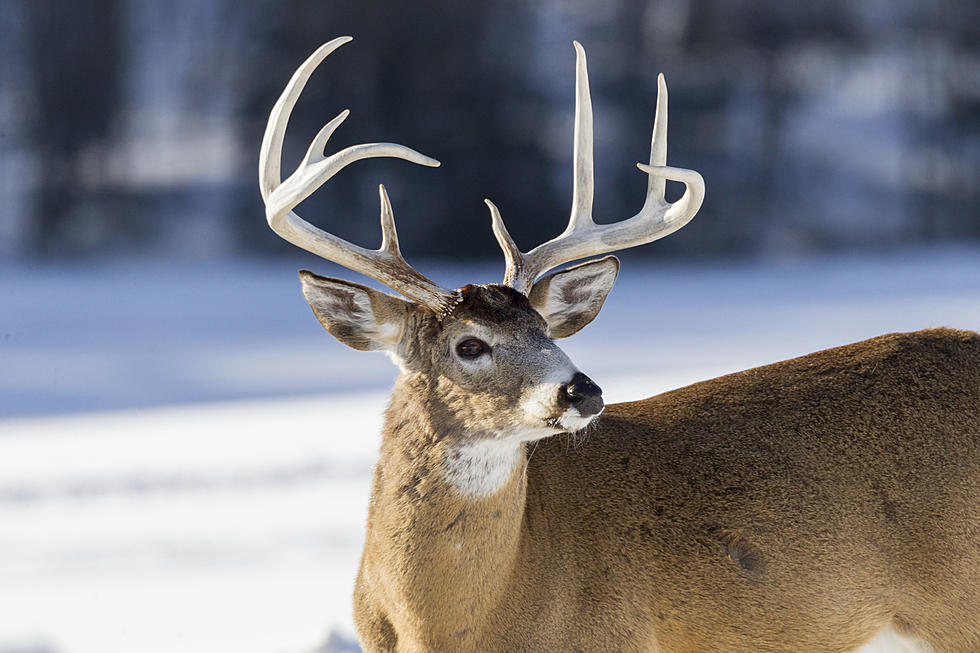
Fish and Game Begin Emergency Feeding of Deer, Elk
JEROME, Idaho – Winter weather has caused big game animals to seek lower elevations, which in turn has prompted the Idaho Department of Fish and Game to begin emergency feeding in several areas across southern Idaho, including the Magic Valley.
Emergency feeding operations have several goals, according to the department in a news release issued on Monday, including helping some animals get through winter, particularly mule deer, and keeping wildlife away from populated areas, highways and agriculture operations.
Elk tend to be hardier than deer and more capable of withstanding winter weather, the department says, but they also form large herds that can cause problems to ranchers, farmers and other land owners.
The agency has winter feeding advisory committees in most regions of the state, and those committees are meeting frequently to observe snowfall, temperatures, herd health and other factors to decide if feeding is warranted.
While this has been a challenging winter, wildlife managers pointed out that most big game animals came into the winter in good-to-excellent condition and most should survive, but there's some annual mortality regardless of weather conditions.
“Body condition is such a key thing for deer and elk, especially deer, and we’re very lucky they came into winter in good shape,” said Toby Boudreau, F&G’s Magic Valley region supervisor. “If we were going to have a bad winter, this was the winter to have it because animals are in such good shape.”
Fish and Game has feeding guidelines in place to separate usual winter mortality from excessive mortality brought on by harsh winters. To start winter feeding, Fish and Game declares an emergency based on environmental and biological conditions while working in consultation with regional winter feeding advisory committees.
Fish and Game has a long-standing policy to manage big game herds at levels that natural habitat can support, and herds have grown in recent years thanks to mild-to-moderate winters.
“We try our best to manage wildlife populations at a level that can be supported by natural habitat without the need for supplemental feeding under normal conditions,” State Wildlife Game Manager Jon Rachael said. “But under severe conditions when natural forage is unavailable because of snow depths, or impacts from wildfire, and it appears significant portions of a herd may succumb, we provide some extra help to prevent large losses.”
Source: Idaho Department of Fish and Game
More From News Radio 1310 KLIX









